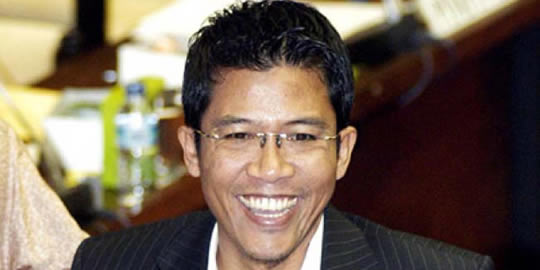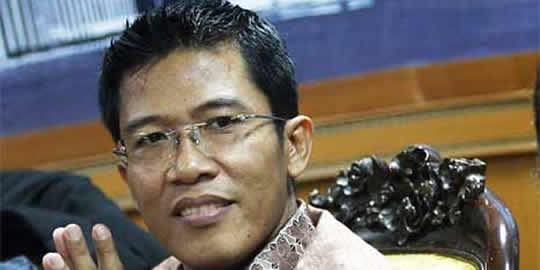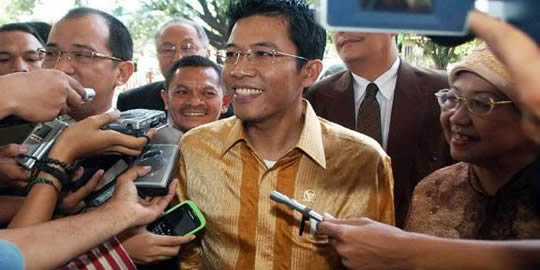
The proposed budget revision has some significant changes that should be appreciated. First, Jokowi understands the need for higher tax revenue, increasing it from Rp 1,379 trillion (US$110 billion) stated in the 2015 budget, to Rp 1,484 trillion proposed in the revised budget. The tax ratio (tax revenue as a percentage of gross domestic product — GDP) is also targeted to grow by 7 percent annually between 2016 and 2018.
Second, the government will be able to generate a wider fiscal space due to larger revenues from grants, set to increase from Rp 2.3 trillion to Rp 3.2 trillion and from savings generated by the slash in fuel and electricity subsidies. Third, the wider fiscal space can be allocated to increase spending in infrastructure to as much as Rp 290 trillion, far higher than infrastructure spending in previous state budgets.
Fourth, the budget deficit will decline to 1.9 percent of GDP from the 2.21 percent planned in the previous budget.
Such significant changes have proven Jokowi’s commitment to addressing the economic problems of low-income people. Hence, the top economic priority programs of the Jokowi government understandably focus on three important sectors: agriculture, industry and marine development. Certainly greater public-sector pending should be allocated to infrastructure development to stimulate growth in the three top priority sectors.
The strategies and policies reflected in the revised budget will address the challenges in Indonesia’s economy today; an economy that needs rational, planned and measurable arrangements to tackle poverty, unemployment, health, education, inequality and life expectancy.
The policies will have a significant impact if there is consistency between the programs and their realization in the field.
Consistency should particularly be implemented in infrastructure development to connect and enhance economic development in various regions, especially in the eastern part of Indonesia.
Such development will be prepared in the revised budget through the Village Funds programs that will start to be felt in 2015 as mandated by Law No. 6/2014 on villages. The allocation of as much as Rp 20.7 trillion this year can enhance infrastructure development to reduce economic inequality between urban and rural areas.
Consistency and realization in fund distribution to improve health, education and well-being through the Indonesia Health Card (KIS), Indonesia Smart Card (KIP) and Prosperous Family Card (KKS) should also be taken into account. In the past, the Social Security Management Agency (BPJS) has proven its ability to improve health services.
There are also successful programs that need to be improved, including school operational assistance (BOS) in education and community block grants (BLM) for community development. Other measures that should be consistently implemented are related to transparency, accountability and equality in program planning and implementation.
Wider fiscal space and a higher budget for social and development spending are not only progress, but also an opportunity for rent seeking. At this point, budget management under Jokowi’s administration should be strictly supervised.
The people have high expectations that the planning, implementation and benefits of these programs should not only go to groups or people affiliated with Jokowi and his alliance of political parties.
All elements should be given equal and fair opportunity, through transparent and accountable processes, for example in the use of e-procurement.
We all expect Jokowi to maintain harmony and good communication with stakeholders, including the House of Representatives. All political parties should be treated as partners. Cordial relations between Jokowi and the House will be a key for the President to ensure the sustainability of government programs. The existence of two opposing coalitions in the House should not be an obstacle in maintaining partnerships in the interests of the people but should be seen as part of the check-and-balance mechanism.
As an elected President in a democratic process, Jokowi bears great responsibility and the hopes of millions of people.
His great vision and humbleness is surely not artificial but should be reflected in his leadership.
The revised state budget will be a great start for Jokowi to show his leadership. Amid high hopes and optimism, the people expect real things. Not only a revolution of the mental state (mindset) that Jokowi likes to propagate but also a revolution that brings his great vision into reality.




